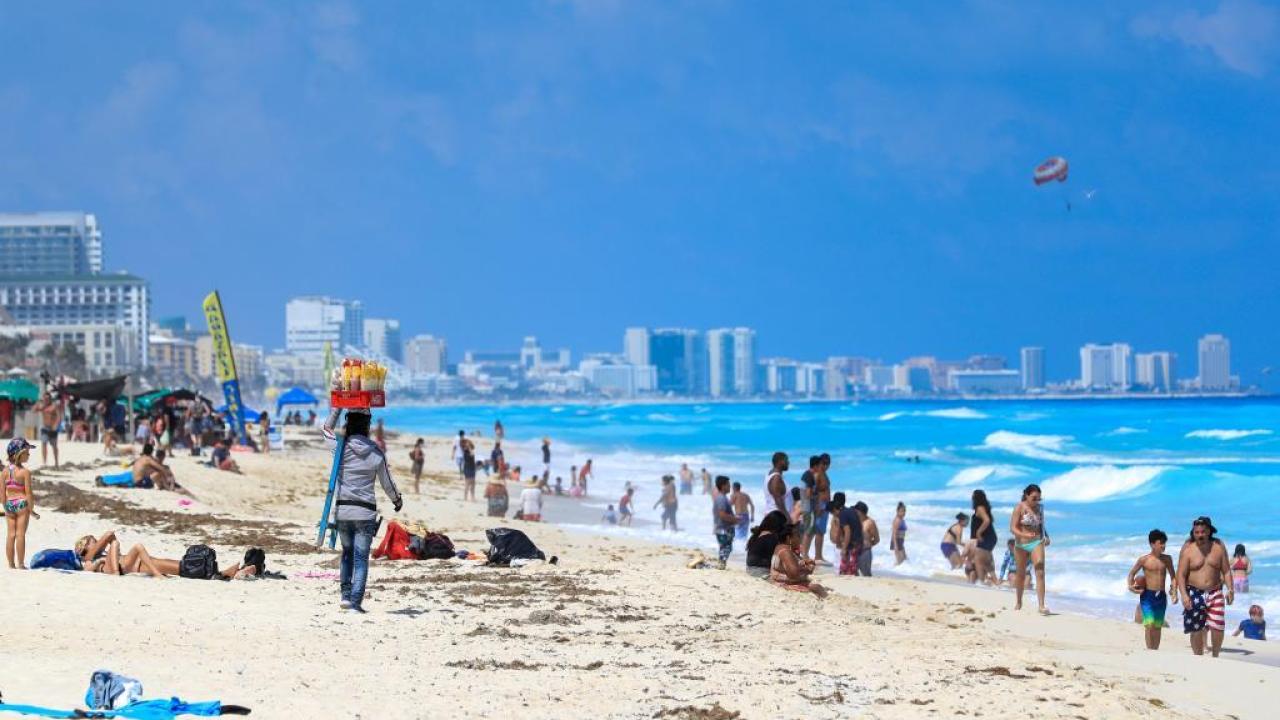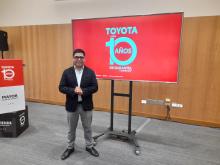
The president of the National Chamber of the Electronic, Telecommunications and Information Technology Industry suggests that tax benefits be granted for the development of technology, as happens in other countries, to facilitate the arrival of seed investment funds for companies that set up in the area, which is more associated with vacations and leisure.
Marco Erosa Cárdenas, president of the National Chamber of the Electronic, Telecommunications and Information Technology Industry (Canieti) proposes making Cancun a technological destination and promoting it as such internationally.
To this end, it is suggested that tax benefits be granted for the development of technology, as occurs in other countries, to facilitate the arrival of seed investment funds from companies that set up in the state.
“Companies that manufacture and produce software can be established here; these are clean industries, they are people working on a computer; a large investment is not required, because what is required is the knowledge of the people and a diversification is generated parallel to tourism, which is what our state has always sought,” he explains.
Quintana Roo's potential in this area comes from the fact that it already has a great infrastructure for tourism, which attracts both investment and human capital.
However, for the state leader of Canieti, such a strategy would only be possible if it is well thought out and involves various sectors such as academia, government and IP.
In fact, he says that the phenomenon is already happening: “After the pandemic, there was a large migration of trained engineers who came to work, to work from home from Quintana Roo and who did not return to their places of origin. They stayed, but they are not seen because they do not work for local companies or in an office, but from home, for companies anywhere in the country or the world.”
This migration of the so-called “working class” has been detected through the increase in the sale and rental of the average residential or studio housing in Playa del Carmen and Tulum.
Many of these remote workers are design developers, technical support, video editing and other activities that can be done online with a computer.
“So yes, it has been achieved, but it has happened organically due to the advantages of the destination, such as security, because even if you think it is not, the state continues to be safe and one of the best interconnected, with a good infrastructure of services that makes its cities very attractive for a person who wants to change their life, not to mention the beaches,” he adds.
However, the president of Canieti warns that the industry's great advantage is also its greatest weakness, that is, to develop it, highly trained personnel with internationally certified engineering skills are required to provide these services.
Therefore, in order to complement the entire cycle, he insists that universities and schools must be included, so that it is a virtuous circle where human capital is the main raw material for export:
"What needs to be created is a knowledge base and training for the industry's human capital. This has already happened in many parts of the world, such as the United States and India."
Finally, he points out that if these conditions are met, cycles of service provision to third parties begin - as is currently the case in Cancun or Playa del Carmen - to then give way to local innovations, home-grown products, which in turn creates an ecosystem, a development cluster that produces more knowledge.










